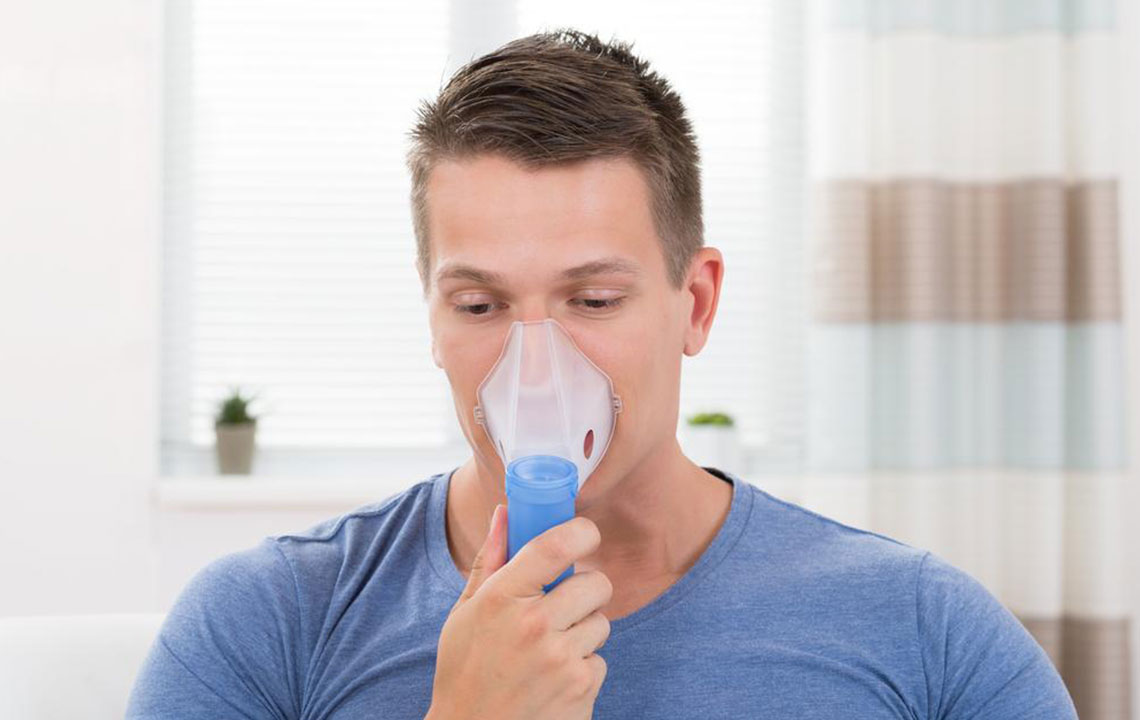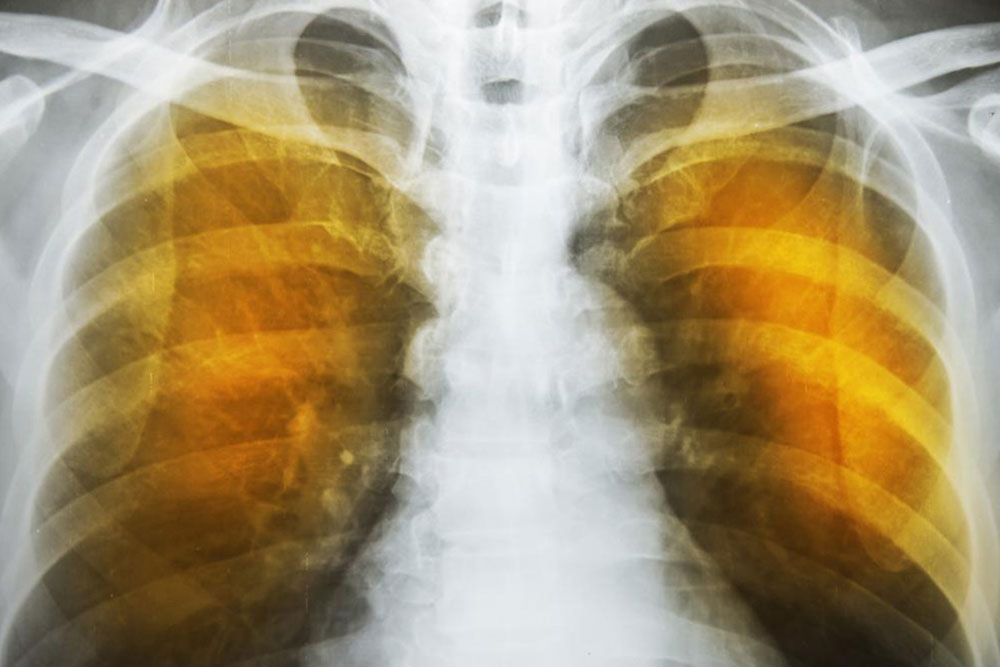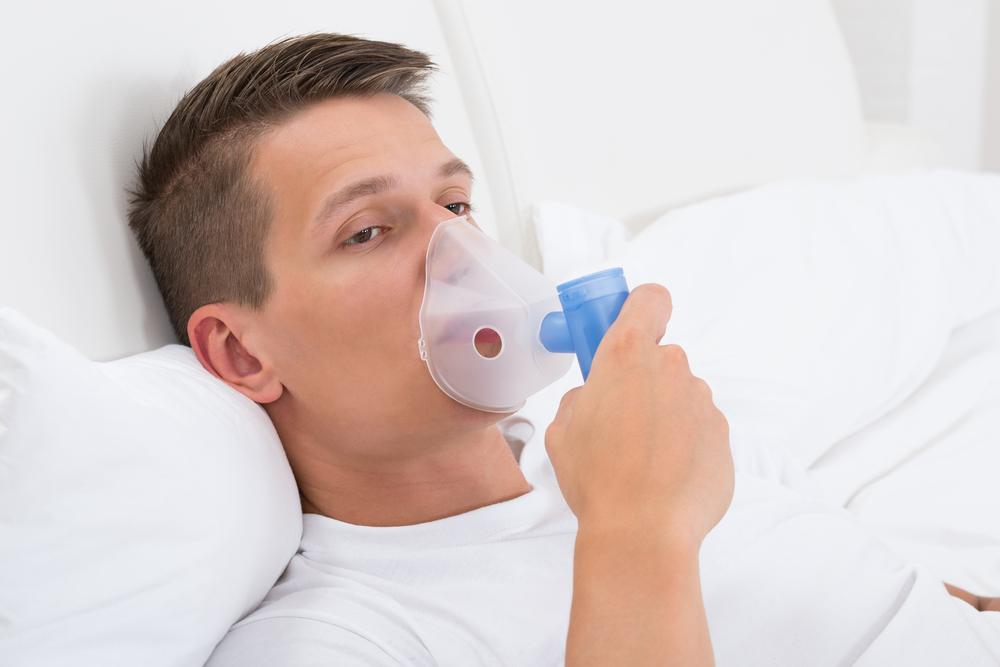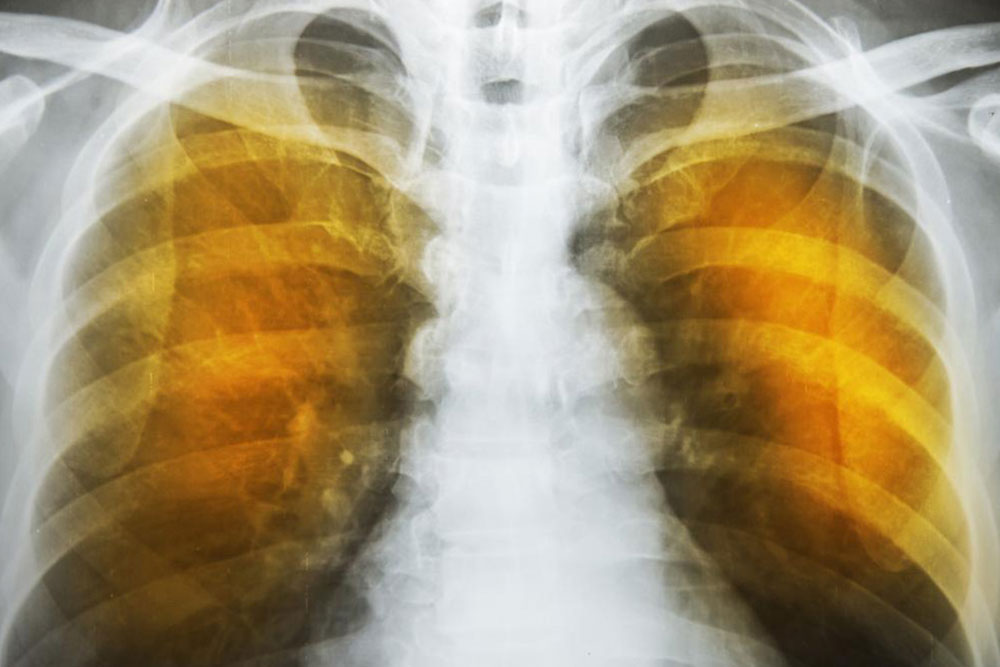Emphysema – Symptoms, Causes, and Management Options
Emphysema is a disease that causes the destruction of the air sacs in the lungs. It can lead to shortness of breath, chronic coughing, and wheezing. The best way to prevent emphysema is to limit or completely avoid exposure to dust, fumes, or other harmful chemicals. That said, when one is at risk of developing emphysema due to family history or work, it is important to consult a doctor to understand how to manage it.
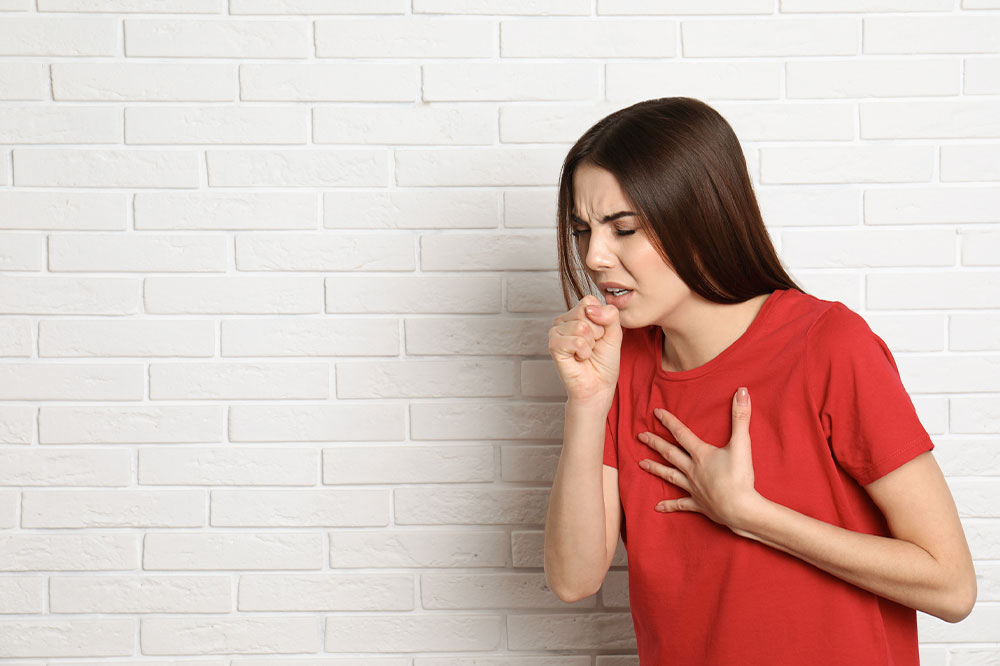
Symptoms of emphysema
Shortness of breath is the most common symptom of emphysema. That said, one may experience a few other symptoms.
Persistent coughing or wheezing
Squeaky sound while breathing
Fatigue
Chest tightness
Causes of emphysema
Emphysema is caused by a loss of elasticity in the lungs. This can happen when the lung tissue is damaged or destroyed, which can be due to inhalation of harmful gases and pollutants. The condition also develops when the walls of the alveoli in the lungs become damaged and start to get inflamed, restricting the oxygen flow to the bloodstream. As the disease progresses, it may become difficult for one to breathe or walk more than a short distance without resting.
Other causes include exposure to specks of dust and fumes, especially when they’re inhaled over a long period of time (for example, while working with asbestos).
The severity of the symptoms will depend on the level of lung damage. A viral infection such as influenza or pneumonia can also cause emphysema. Other respiratory irritants include paint fumes, automobile exhaust, certain fragrances, and burning incense. Using regular air filters can limit exposure to these pollutants. Lastly, regular exercise can significantly increase lung capacity.
Emphysema treatment methods
Those with emphysema can experience trouble breathing. To relieve this symptom and slow down disease progression, one can choose from various management options. The right option for any given person is often determined by the severity of their symptoms and their overall health.
Exercise
Following a regular physical training routine is an ideal way to improve the condition. Regular body activities like walking, cycling, swimming, and low-intensity aerobics can boost lung function.
This option is not meant to be a substitute for oral emphysema treatment. Instead, it is a lifestyle change that may help one feel and manage the symptoms better along with treatment.
It is important to note that those with COPD may not respond the same way to regular exercise. Additionally, certain physiological issues can limit the ability to exercise. A few common issues are gas exchange abnormalities, dynamic lung hyperinflation, morphological changes in muscle fibers, and reduced functional metabolic capacities. In such cases, it is crucial to consult a healthcare professional before engaging in new exercises.
Disease counseling
Besides experiencing primary symptoms like shortness of breath or coughing, many may experience changes in behavior while dealing with the condition. Thankfully, there are ways to address this issue as well. One such way is counseling. In addition to addressing physical symptoms, emphysema disease counseling may also focus on emotional issues.
Natural remedies
Certain remedies can help those with emphysema manage the symptoms better and improve overall health. For example, since chronic exposure to air pollutants is linked with emphysema, improving air quality in the home can make a significant difference in recovering from this condition. One should try to stay away from irritants like pesticides, varnish, and pet dander, as they can worsen breathing problems. Here, getting an air purifier can help in improving indoor air quality.
Additionally, simple exercises like breathing through the diaphragm and practicing pranayama can go a long way in helping manage emphysema symptoms. In addition, one should engage in strength and interval training to strengthen their muscles, as muscle weakness is a common symptom of emphysema. One can also try water-based exercises.
Finally, as vitamin D deficiency is known to increase airway inflammation, one should ensure they get enough of the vitamin. To do that, one must opt for controlled exposure to sunlight, the best natural source of vitamin D.
Lung transplant
While natural remedies can help to an extent, a common emphysema treatment option is a lung transplant — a surgical procedure that replaces the damaged or diseased lung with a healthy donor lung. The new organ will be connected to the airways and blood vessels of the recipient either through a unilateral or bilateral sequential transplant. Once attached, the incision will be closed with stitches or surgical staples, and a bandage will be placed over the wound. During the procedure, one or more tubes will be placed into the chest to drain excess air and fluid and allow the new lung to function normally.
Upon noticing any symptom of emphysema, it is important to consult a licensed physician, seek a diagnosis, and initiate appropriate treatment. While it may not be possible to completely prevent the disease, one can take effective steps to manage it. For starters, following the doctor’s suggestions, like sticking to the prescription-based options, can help one manage the disease. A few emphysema treatment options and remedies may help one feel better and lead healthier lives.
